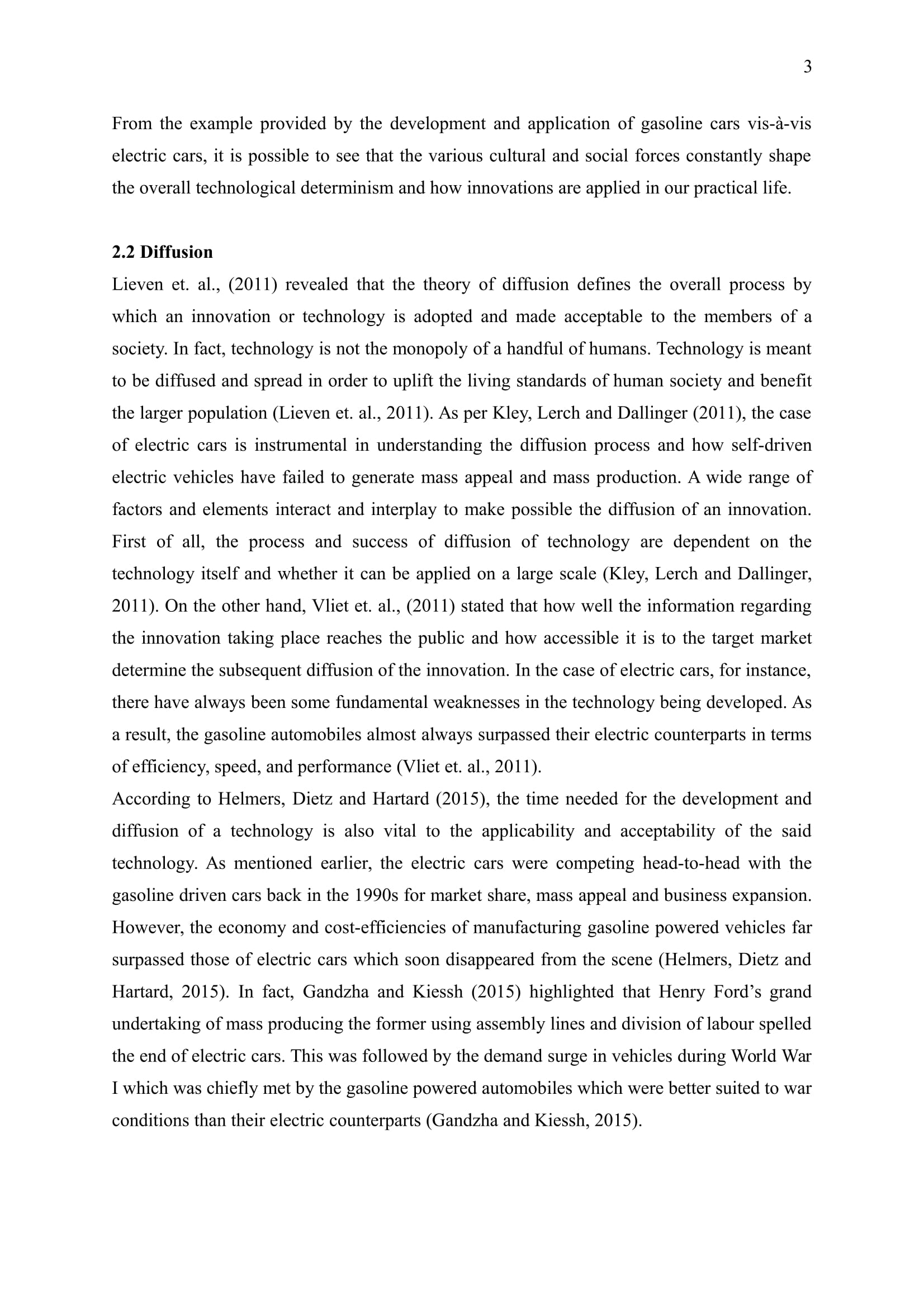
Login or Join to Access Our Free Creator Membership
Privately sharing copies of your papers with your colleagues, students and grant reviewers who request or need a copy is typically allowed for all formats (pre-peer reviewed submitted format · There are many types of works that can be protected, including scientific papers, technical drawings and designs of structures. Also eligible for protection are derivative works and compilations. Derivative works are works substantially based on one or more pre-existing copyrighted works, while compilations are collections or assemblies of pre-existing data or Abstract. Copyright is a branch of Intellectual Property Rights and an exclusive legal right given by the judiciary to the creator on his creation. As a creator (he/she/group) has rights to enjoy Estimated Reading Time: 3 mins

Media Center
Any research paper presented at a conference, symposium, public forum or lecture given as a researcher or student will require you to manage the copyright. You will need to get permission for the use of any third party material in your presentation and you will need to manage your copyright in your original work · As such, every research paper, or draft thereof, is copyright protected the moment it is saved to a hard drive. That copyright, in turn, limits how others can use that paper. Without permission from the copyright holder, usually the author, no one else can legally post it on a web site, share it in a journal or even use lengthy passages of it for their own research The copyright reports, articles and papers below are written by a wide array of scholars and organizations that we trust to deliver credible, relevant, and interesting information relating to important copyright legal and policy issues. These are mostly academic papers and not intended for individual creators

Stay In Touch
Any research paper presented at a conference, symposium, public forum or lecture given as a researcher or student will require you to manage the copyright. You will need to get permission for the use of any third party material in your presentation and you will need to manage your copyright in your original work Copyright is a universal law created to protect authors’ of original creations’.It promotes the progress of science and useful arts, by securing for limited times to authors and inventors the 3 rows · When you’re writing your research or any other paper, you have to be very careful when using

Copyright is a universal law created to protect authors’ of original creations’.It promotes the progress of science and useful arts, by securing for limited times to authors and inventors the The copyright reports, articles and papers below are written by a wide array of scholars and organizations that we trust to deliver credible, relevant, and interesting information relating to important copyright legal and policy issues. These are mostly academic papers and not intended for individual creators Privately sharing copies of your papers with your colleagues, students and grant reviewers who request or need a copy is typically allowed for all formats (pre-peer reviewed submitted format

Copyright is a universal law created to protect authors’ of original creations’.It promotes the progress of science and useful arts, by securing for limited times to authors and inventors the · There are many types of works that can be protected, including scientific papers, technical drawings and designs of structures. Also eligible for protection are derivative works and compilations. Derivative works are works substantially based on one or more pre-existing copyrighted works, while compilations are collections or assemblies of pre-existing data or · As such, every research paper, or draft thereof, is copyright protected the moment it is saved to a hard drive. That copyright, in turn, limits how others can use that paper. Without permission from the copyright holder, usually the author, no one else can legally post it on a web site, share it in a journal or even use lengthy passages of it for their own research
No comments:
Post a Comment